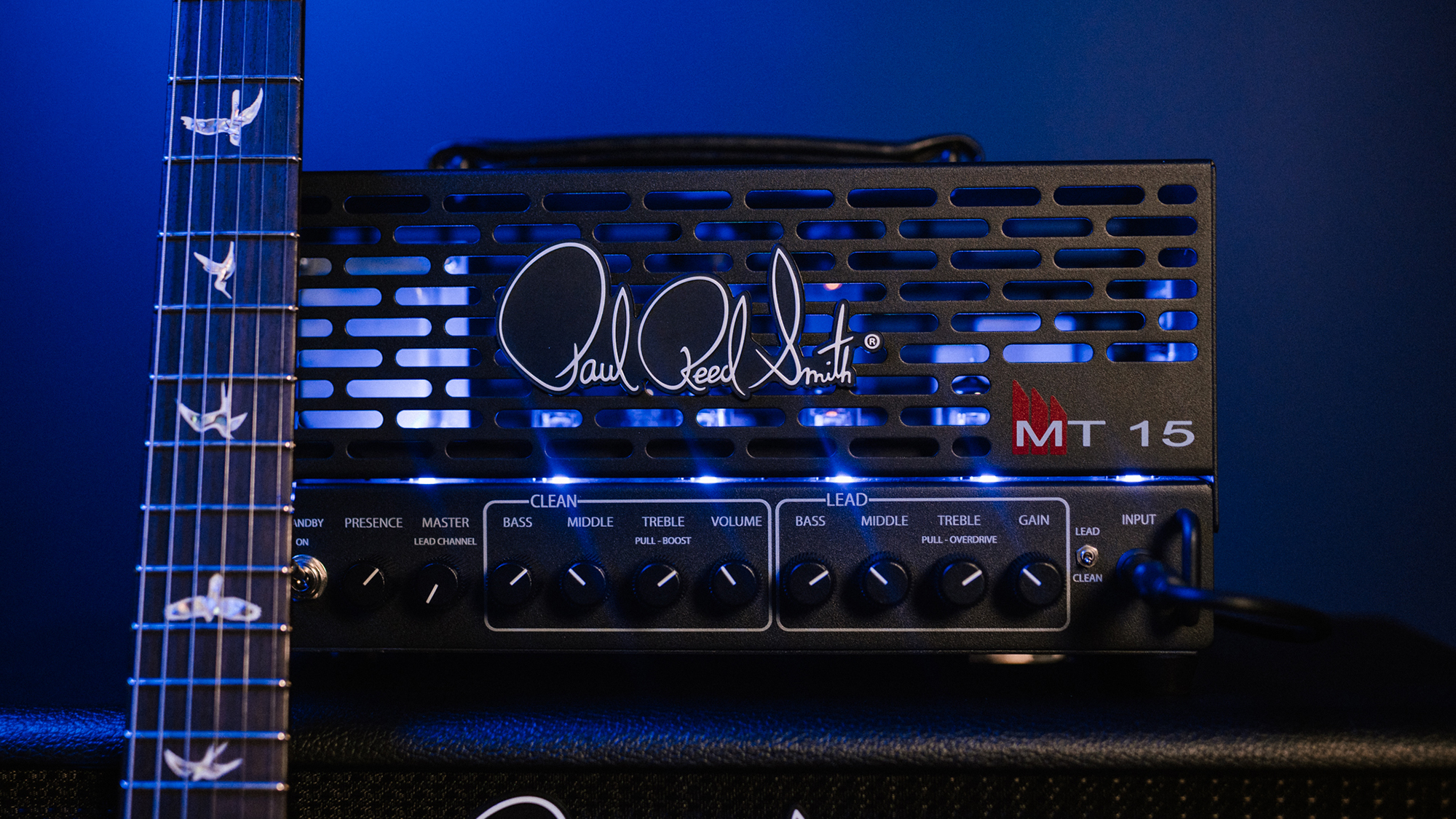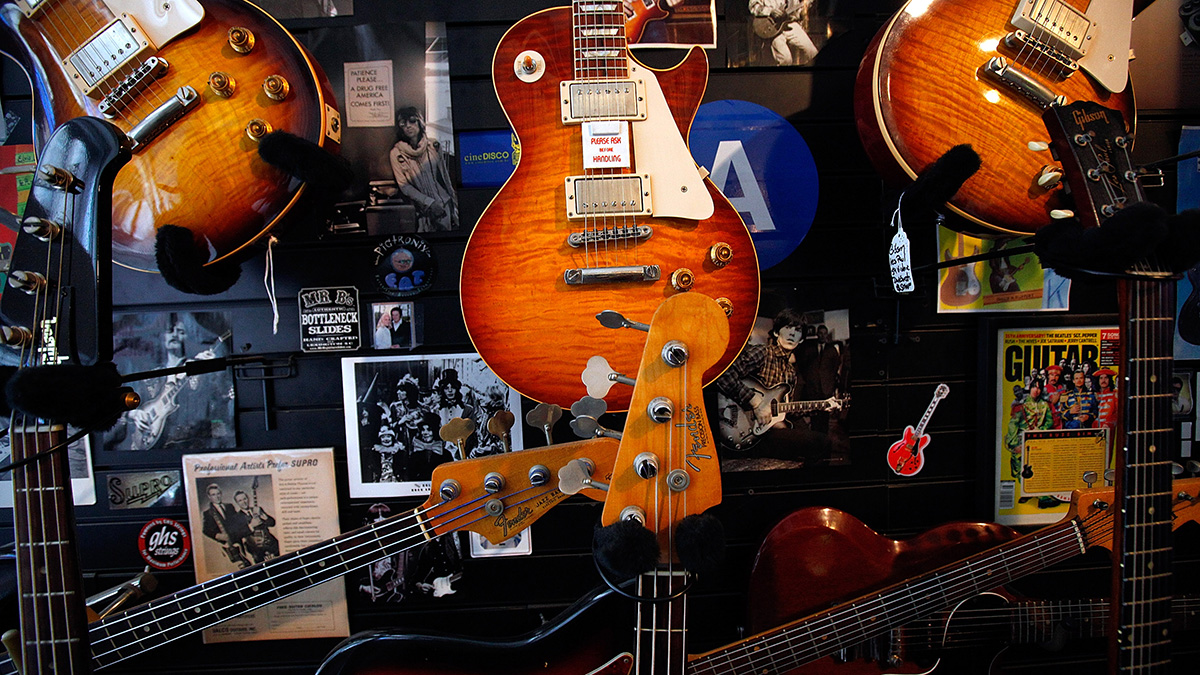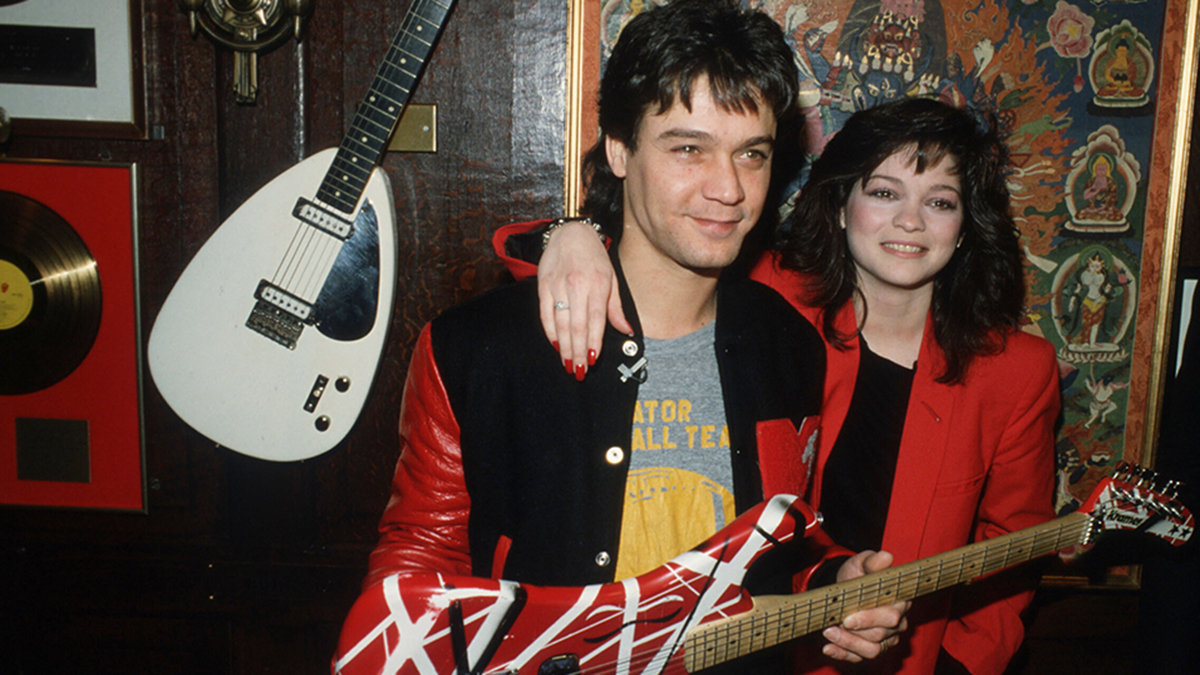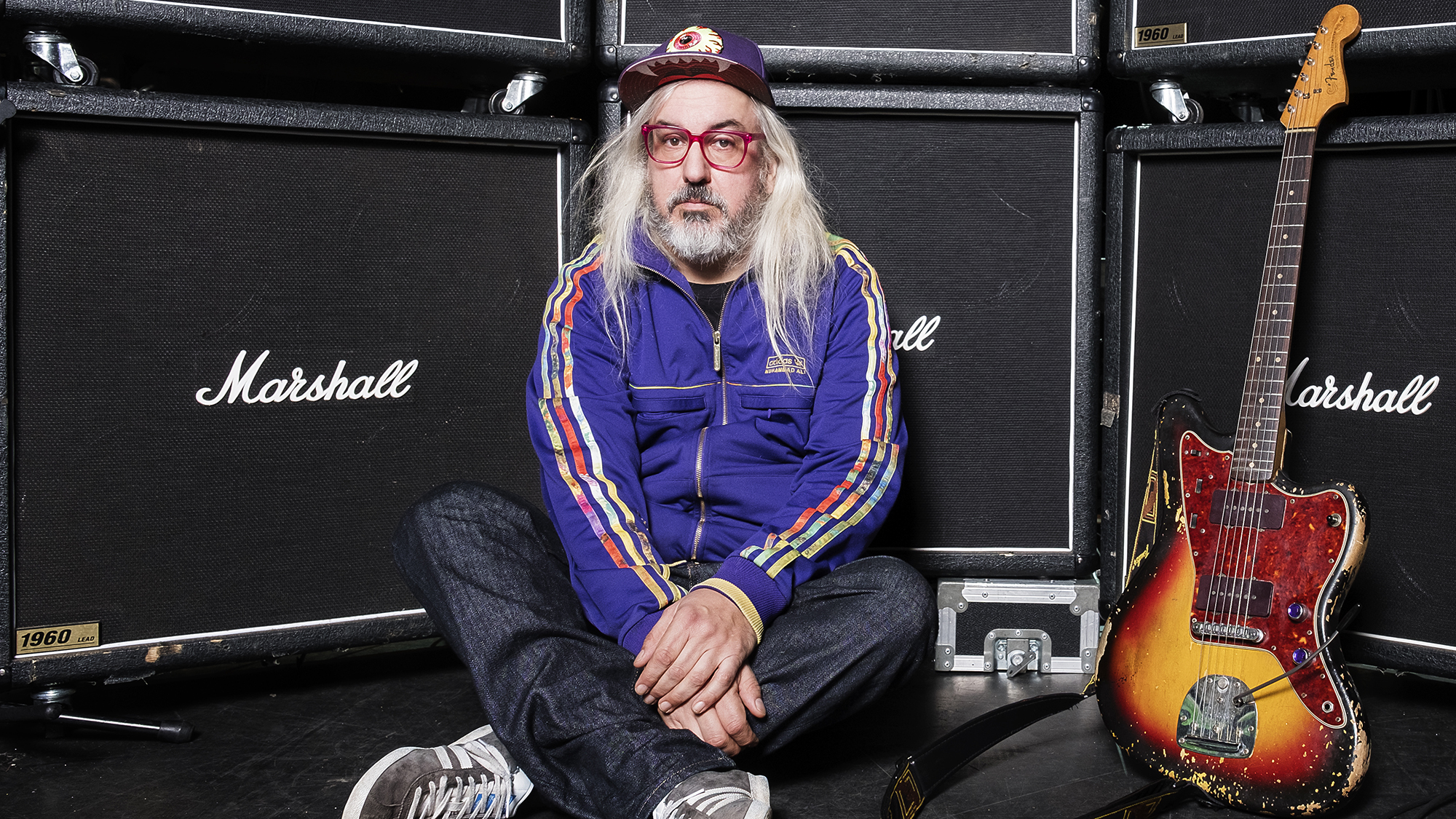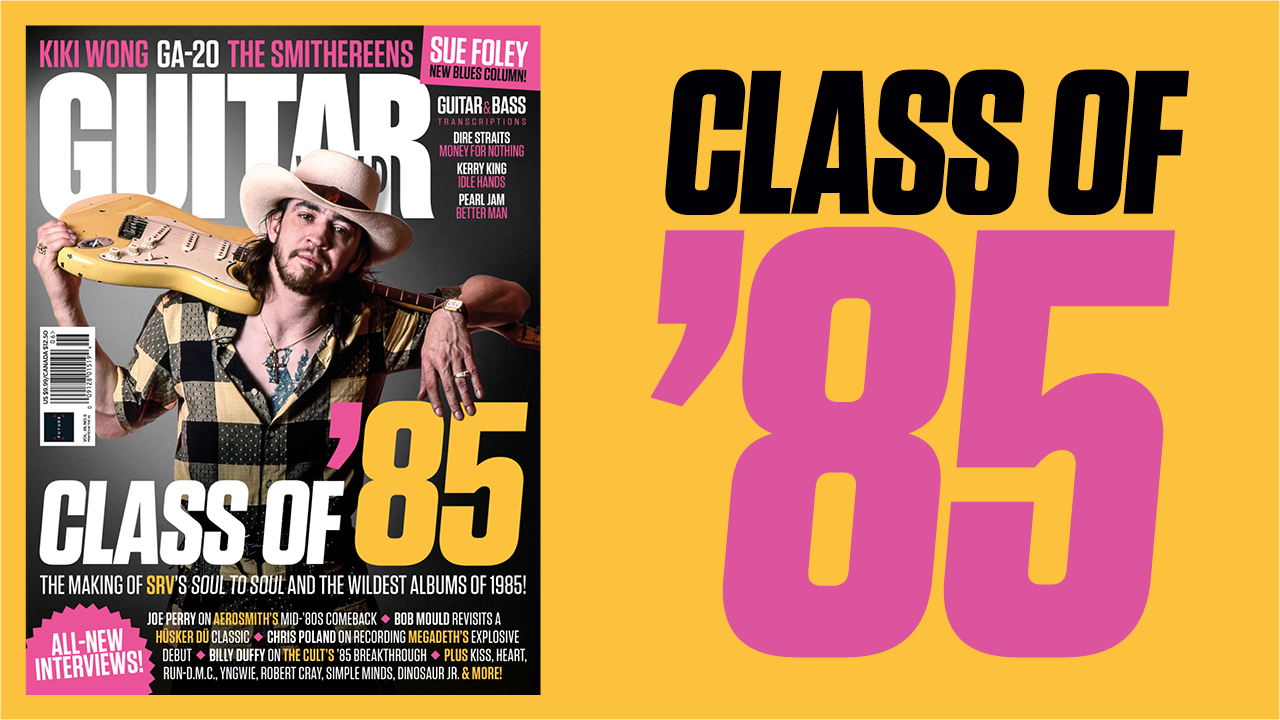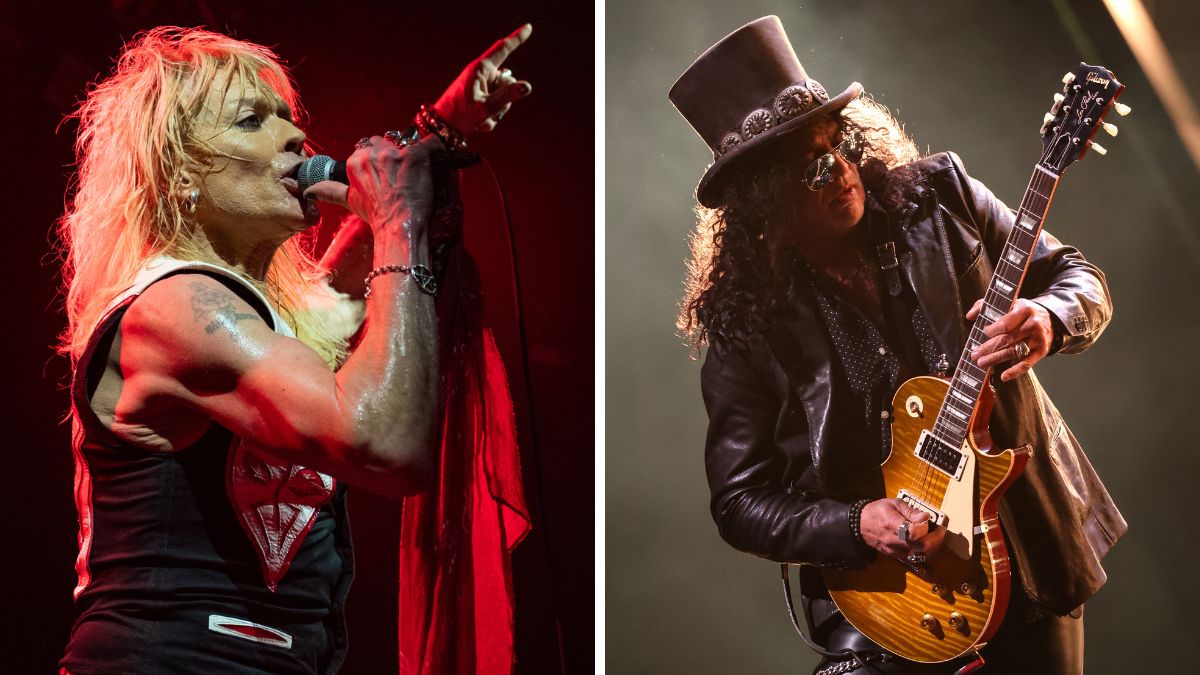Interview: Justin Furstenfeld of Blue October
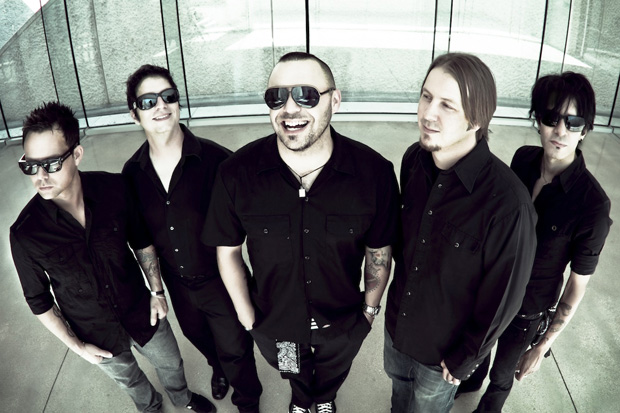
Justin Furstenfeld -- guitarist, lead singer and main songwriter for Blue October -- is playing this one close to the chest.
His band's upcoming album, Any Man in America, which will be released Aug. 16, is about his recent divorce and the custody battle over his daughter, Blue Reed. The album's lead single, “The Chills,” was released on iTunes on May 31.
The album is an “audio journal” about Furstenfeld's experiences, and he's not mincing words.
“It's my last chance as a father to tell the world things I wasn't able to tell when I was put through a custody battle that was so illegal because I was a man,” Furstenfeld says. “We live in the land of the free, but we're screwed up when it comes to the rights of divorced fathers.
"I've got to tell the world what happened, who did it and what the judge's and the cops' names are. I'll probably get in trouble for it, but I don't care. I want my daughter to see that, while I might not have been there, I never walked out.”
Furstenfeld learned from an early age that music could be an influential tool. When he was 4, he broke down and bawled after hearing Roy Orbison's “Crying.”
“I didn't know why I was crying, but I knew right then that music could be so powerful. That's why I write songs, and that's why I wrote the songs I did for the new album. I have to tell the world what happened.”
Get The Pick Newsletter
All the latest guitar news, interviews, lessons, reviews, deals and more, direct to your inbox!
Guitar World caught up with Furstenfeld at home on the evening before he was supposed to fly to Nebraska to see Blue Reed. We talked about new guitars, songwriting, the new album and the fact that he might not even see his daughter.
GUITAR WORLD: What were the influences that pulled you into music?
I would have to say the Smiths and Peter Gabriel and also Roy Orbison. For guitar playing, I loved my grandfather, who's a blues player. He's a big older dude, the kind you don't want to mess with. He smoked a big cigar, and could shred on that thing. At Christmas, he would pull out his Fender amp and his old-school, hollow-body Gretsch and play these gorgeous, beautiful jazz licks.
Johnny Marr (of the Smiths) was a huge influence. He isn't really a solo artist, but a style guy — kind of like the Edge from U2. They have that style that no one else can play, but can pull of the most amazing melodies.
One of the best quotes I've ever heard was from my mentor (Bill) “Blue” Miller, the guitarist for Bob Seger. I asked him how he played a certain lick so well, and he said, “I've made love to this guitar for many years. It's my first wife and it will always be my first wife.” The music these guitarists play feels like that to me.
How would you describe your playing?
I call myself a “stunt” guitarist. I don't do a lot of solos, but I'm the feedback master. It's like surfing. I put these two old 1970s Ampeg bass amp combos next to each other and stand in front of them and play. When I catch that reverb, it just takes off like WOOOOOOOOOOWOOOOOO! It's like I'm surfing the feedback. It's quite a cool feeling.
Do you follow a distinct routine while songwriting?
A guitar is the most inventive instrument you can play. There are no rules, but I love sitting by myself with the acoustic guitar. I write mainly with acoustic guitars and then crank up my Fender Telecaster and Jaguar and blare the song.
Do you have a favorite guitar?
My favorite guitar of all time is a '96 Ibanez hollow body. It was the first and cheapest guitar I ever bought, but the company has made me replicas of that guitar for the past four years, because that guitar has the best clean tone I've ever had. It's got that old creamy, rockabilly tremolo effect. I've got three of them.
When writing songs for Any Man in America, which is as emotionally raw as anything you've done, was there a point when you felt your lyrics got too personal?
There was a time when I didn't cross any line about a song becoming too personal, but when my ex-wife used one of my songs, which was about a guy I knew who was killed by an ex-boyfriend, and told the court that I had written it about her, things changed. I don't call anybody a bitch or a bad name (in the songs); I tell the truth. If they sue me, I can back it all up.
What did producer Tim Palmer bring to the table while you recorded the album?
Right before we went into the studio, my lead guitarist quit because he wanted to raise a family. I knew I could play chords and feedback, but I also knew we needed a guitarist. (Then) I heard Tim play. He was shredding Johnny Marr style. So he became the new guitarist on the album. That's right, Tim Palmer is playing lead guitar on the album! That boy can shred. He's so cool, too. He wears a pompadour and dresses like a rebel. I couldn't have asked for better producer/guitarist. He also has a daughter named Bluebell, which is so cool.
What are your hopes for the album?
I know the album isn't going to change the world, but I hope other men and parents realize that it's not about us or record sales; it's all about the kids. It's about paying the bills and putting food on the table and diapers on them and putting them through college. Tomorrow, I'm going to fly to Nebraska to see her, and there's a 50/50 chance I won't be able to.
Photo: Teresa Jolie
“The Beyoncé effect is, in fact, real. I got a lot of traffic just from people checking the liner notes”: With three Grammy wins and plaudits from John Mayer, Justus West is one of modern session guitar’s MVPs – but it hasn’t been an easy ride
“You might laugh a little. The post office shipped your guitar to Jim Root”: This metal fan ordered a new guitar from Sweetwater – but it ended up with the Slipknot guitarist
